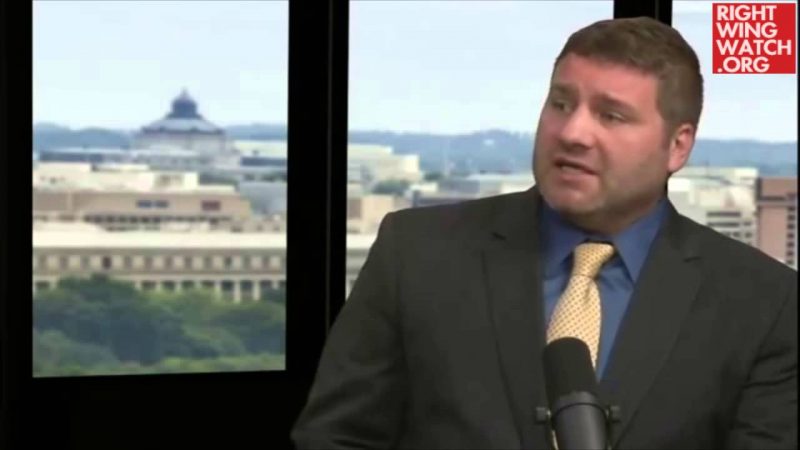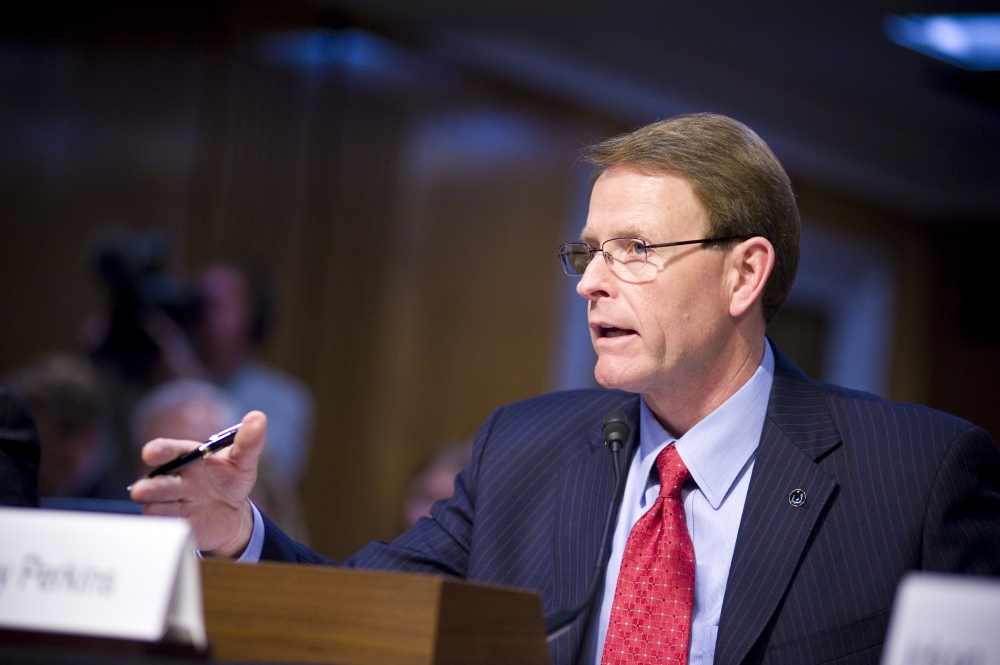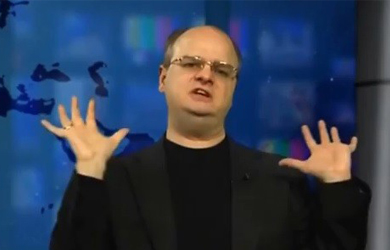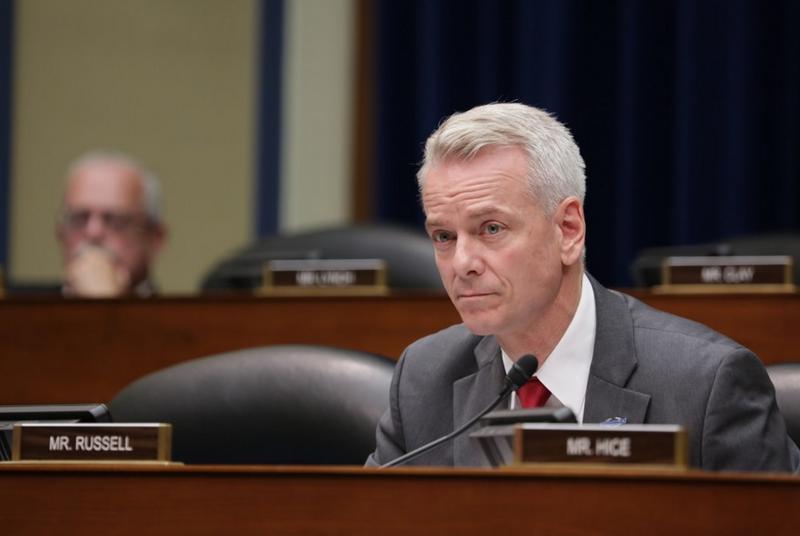I always thought that the First Amendment’s free exercise of religion provision provided for, you know, the free exercise of religion. But apparently that protection is not enough for right-wing groups in Colorado who are now pushing an amendment to the state’s constitution that would guarantee them some sort of vague religious liberty exemption, presumably to bolster their belief that they should not be required to comply with or recognize things like hate crimes laws, marriage equality, or anything else that does not reflect their religious views:
A coalition that includes Colorado Family Action and the Colorado Catholic Conference has taken the first step toward amending the state constitution to prohibit the government from infringing on the religious liberty of an individual or a religious organization.
“We have heard in our work in the state that many Catholics and other people of faith are growing uneasy as they sense a loss of religious freedom,” said Jennifer Kraska, executive director of the Catholic Conference, the lobbying arm of the state’s three Catholic dioceses.
Kraska, also a representative of a coalition called Coloradans for Liberty, said a ballot initiative to amend the constitution is being considered because of a general sense that religious freedom is eroding under governmental pressure.
Another coalition representative, Jessica Langfeldt, director of Colorado Family Action, a Focus on the Family affiliate, said taking the first step Monday — filing language with the Colorado Legislative Council — gives the coalition several weeks to determine whether its concerns are widely shared.
The ballot question asks whether the state constitution should include a section stating that government may not burden the right of a person or organization to act or to refuse to act in a manner motivated by a sincerely held religious belief unless the government has a compelling interest in infringing the act.
“People want the freedom to express their religious beliefs in all aspects of community life, not just in the privacy of their homes,” Kraska said.








